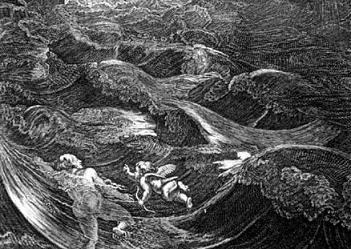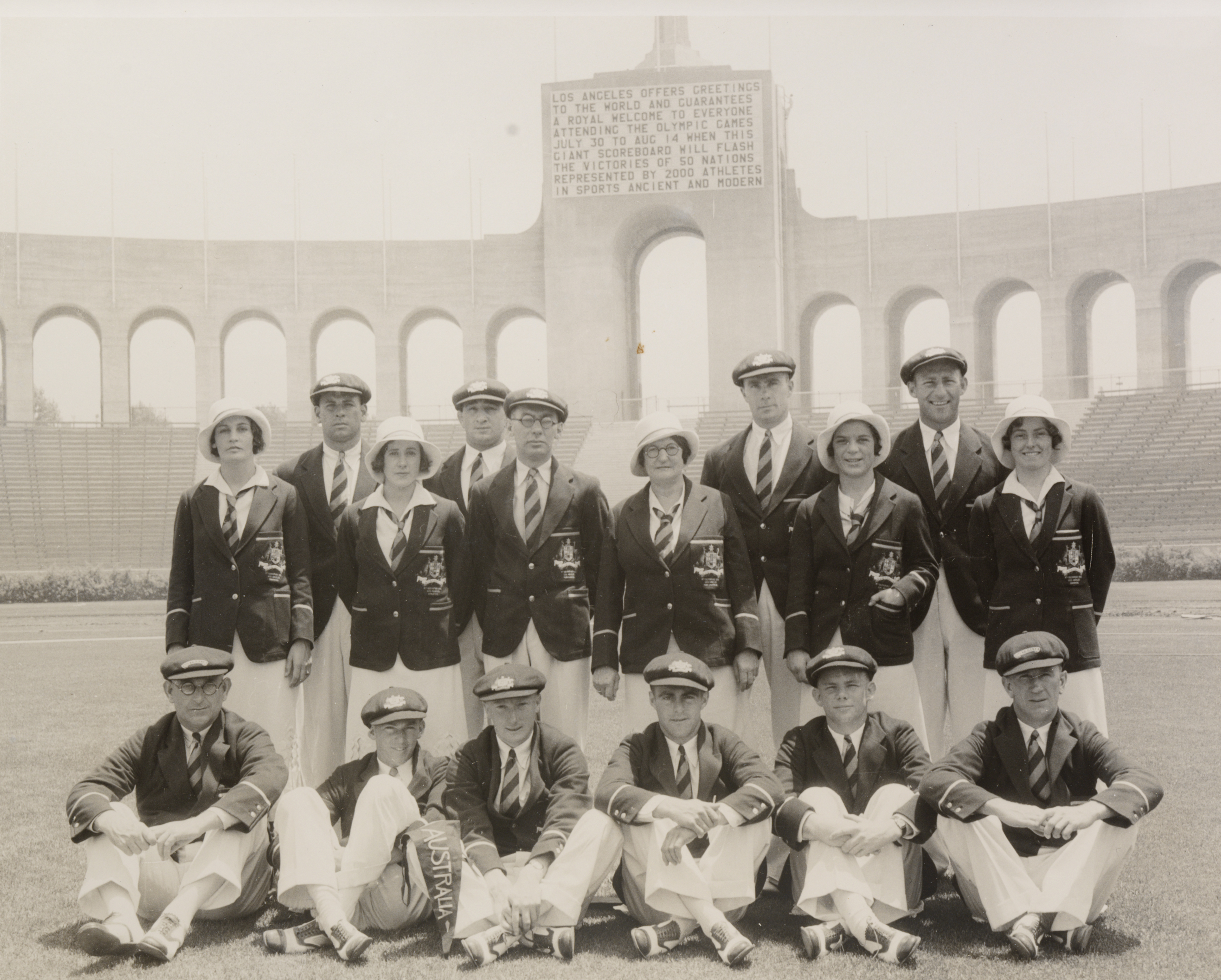|
Noboru Sugimoto
is a Japanese freestyle swimmer who competed in the 1932 Summer Olympics. He was born in Kōchi Prefecture is a prefecture of Japan located on the island of Shikoku. Kōchi Prefecture has a population of 757,914 (1 December 2011) and has a geographic area of 7,103 km2 (2,742 sq mi). Kōchi Prefecture borders Ehime Prefecture to the northwest and T .... In 1932 he finished fifth in the 100 metre freestyle event. References External links * 1914 births Year of death missing Olympic swimmers for Japan Swimmers at the 1932 Summer Olympics Japanese male freestyle swimmers People from Kōchi Prefecture {{Japan-swimming-bio-stub ... [...More Info...] [...Related Items...] OR: [Wikipedia] [Google] [Baidu] |
Japanese People
The are an East Asian ethnic group native to the Japanese archipelago."人類学上は,旧石器時代あるいは縄文時代以来,現在の北海道〜沖縄諸島(南西諸島)に住んだ集団を祖先にもつ人々。" () Japanese people constitute 97.9% of the population of the country of Japan. Worldwide, approximately 129 million people are of Japanese descent; of these, approximately 122.5 million are residents of Japan. People of Japanese ancestry who live outside Japan are referred to as , the Japanese diaspora. Depending on the context, the term may be limited or not to mainland Japanese people, specifically the Yamato (as opposed to Ryukyuan and Ainu people). Japanese people are one of the largest ethnic groups in the world. In recent decades, there has also been an increase in the number of multiracial people with both Japanese and non-Japanese roots, including half Japanese people. History Theories of origins Archaeological evidence ... [...More Info...] [...Related Items...] OR: [Wikipedia] [Google] [Baidu] |
Freestyle Swimming
Freestyle is a category of Swimming (sport), swimming competition, defined by the rules of the International Swimming Federation (FINA), in which competitors are subject to a few limited restrictions on their swimming stroke. Freestyle races are the most common of all swimming competitions, with distances beginning with 50 meters (50 yards) and reaching 1500 meters (1650 yards), also known as the mile. The term 'freestyle stroke' is sometimes used as a synonym for 'front crawl', as front crawl is the fastest surface swimming stroke. It is now the most common stroke used in freestyle competitions. The first Olympics held open water swimming events, but after a few Olympics, closed water swimming was introduced. The front crawl or freestyle was the first event that was introduced. Technique Freestyle swimming implies the use of legs and arms for competitive swimming, except in the case of the Individual Medley, individual medley or Medley relay (athletics), medley relay events ... [...More Info...] [...Related Items...] OR: [Wikipedia] [Google] [Baidu] |
Swimming (sport)
Swimming is an individual or team racing sport that requires the use of one's entire body to move through water. The sport takes place in pools or open water (e.g., in a sea or lake). Competitive swimming is one of the most popular Olympic sports, with varied distance events in butterfly, backstroke, breaststroke, freestyle, and individual medley. In addition to these individual events, four swimmers can take part in either a freestyle or medley relay. A medley relay consists of four swimmers who will each swim a different stroke, ordered as backstroke, breaststroke, butterfly and freestyle. Swimming each stroke requires a set of specific techniques; in competition, there are distinct regulations concerning the acceptable form for each individual stroke. There are also regulations on what types of swimsuits, caps, jewelry and injury tape that are allowed at competitions. Although it is possible for competitive swimmers to incur several injuries from the sport, such as ... [...More Info...] [...Related Items...] OR: [Wikipedia] [Google] [Baidu] |
1932 Summer Olympics
The 1932 Summer Olympics (officially the Games of the X Olympiad and also known as Los Angeles 1932) were an international multi-sport event held from July 30 to August 14, 1932 in Los Angeles, California, United States. The Games were held during the worldwide Great Depression, with some nations not traveling to Los Angeles; 37 nations competed, compared to the 46 in the 1928 Games in Amsterdam, and then- U.S. President Herbert Hoover did not attend the Games. The organizing committee did not report the financial details of the Games, although contemporary newspapers claimed that the Games had made a profit of US$1,000,000. Host city selection The selection of the host city for the 1932 Summer Olympics was made at the 23rd IOC Session in Rome, Italy, on 9 April 1923. Remarkably, the selection process consisted of a single bid, from Los Angeles, and as there were no bids from any other city, Los Angeles was selected by default to host the 1932 Games. Highlights * Charle ... [...More Info...] [...Related Items...] OR: [Wikipedia] [Google] [Baidu] |
Kōchi Prefecture
is a prefecture of Japan located on the island of Shikoku. Kōchi Prefecture has a population of 757,914 (1 December 2011) and has a geographic area of 7,103 km2 (2,742 sq mi). Kōchi Prefecture borders Ehime Prefecture to the northwest and Tokushima Prefecture to the northeast. Kōchi is the capital and largest city of Kōchi Prefecture, with other major cities including Nankoku, Shimanto, and Kōnan. Kōchi Prefecture is located on Japan's Pacific coast surrounding a large bay in the south of Shikoku, with the southernmost point of the island located at Cape Ashizuri in Tosashimizu. Kōchi Prefecture is home to Kōchi Castle, considered the most intact Japanese castle, and the Shimanto River, one of the few undammed rivers in Japan. History Kōchi Prefecture was historically known as Tosa Province and was controlled by the Chōsokabe clan in the Sengoku period and the Yamauchi clan during the Edo period. Kōchi city is also the birthplace of noted revolution ... [...More Info...] [...Related Items...] OR: [Wikipedia] [Google] [Baidu] |
Swimming At The 1932 Summer Olympics - Men's 100 Metre Freestyle
Swimming is the self-propulsion of a person through water, or other liquid, usually for recreation, sport, exercise, or survival. Locomotion is achieved through coordinated movement of the limbs and the body to achieve hydrodynamic thrust that results in directional motion. Humans can hold their breath underwater and undertake rudimentary locomotive swimming within weeks of birth, as a survival response. Swimming is consistently among the top public recreational activities, and in some countries, swimming lessons are a compulsory part of the educational curriculum. As a formalized sport, swimming is featured in a range of local, national, and international competitions, including every modern Summer Olympics. Swimming involves repeated motions known as strokes in order to propel the body forward. While the front crawl, also known as freestyle, is widely regarded as the fastest out of four primary strokes, other strokes are practiced for special purposes, such as for training. ... [...More Info...] [...Related Items...] OR: [Wikipedia] [Google] [Baidu] |
1914 Births
This year saw the beginning of what became known as World War I, after Archduke Franz Ferdinand of Austria, heir to the Austrian throne was assassinated by Serbian nationalist Gavrilo Princip. It also saw the first airline to provide scheduled regular commercial passenger services with heavier-than-air aircraft, with the St. Petersburg–Tampa Airboat Line. Events January * January 1 – The St. Petersburg–Tampa Airboat Line in the United States starts services between St. Petersburg and Tampa, Florida, becoming the first airline to provide scheduled regular commercial passenger services with heavier-than-air aircraft, with Tony Jannus (the first federally-licensed pilot) conveying passengers in a Benoist XIV flying boat. Abram C. Pheil, mayor of St. Petersburg, is the first airline passenger, and over 3,000 people witness the first departure. * January 11 – The Sakurajima volcano in Japan begins to erupt, becoming effusive after a very large eart ... [...More Info...] [...Related Items...] OR: [Wikipedia] [Google] [Baidu] |
Year Of Death Missing
A year or annus is the orbital period of a planetary body, for example, the Earth, moving in its orbit around the Sun. Due to the Earth's axial tilt, the course of a year sees the passing of the seasons, marked by change in weather, the hours of daylight, and, consequently, vegetation and soil fertility. In temperate and subpolar regions around the planet, four seasons are generally recognized: spring, summer, autumn and winter. In tropical and subtropical regions, several geographical sectors do not present defined seasons; but in the seasonal tropics, the annual wet and dry seasons are recognized and tracked. A calendar year is an approximation of the number of days of the Earth's orbital period, as counted in a given calendar. The Gregorian calendar, or modern calendar, presents its calendar year to be either a common year of 365 days or a leap year of 366 days, as do the Julian calendars. For the Gregorian calendar, the average length of the calendar yea ... [...More Info...] [...Related Items...] OR: [Wikipedia] [Google] [Baidu] |
Olympic Swimmers For Japan
Olympic or Olympics may refer to Sports Competitions * Olympic Games, international multi-sport event held since 1896 ** Summer Olympic Games ** Winter Olympic Games * Ancient Olympic Games, ancient multi-sport event held in Olympia, Greece between 776 BC and 393 AD * Wenlock Olympian Games, a forerunner of the modern Olympic Games, held since 1850 * Olympic (greyhounds), a competition held annually at Brighton & Hove Greyhound Stadium Clubs and teams * Adelaide Olympic FC, a soccer club from Adelaide, South Australia * Fribourg Olympic, a professional basketball club based in Fribourg, Switzerland * Sydney Olympic FC, an Australian soccer club * Olympic Club (Barbacena), a Brazilian football club based in Barbacena, Minas Gerais state * Olympic Mvolyé, a Cameroonian football club based in Mvolyé * Olympic Club (Egypt), a football and sports club based in Alexandria * Blackburn Olympic F.C., an English football club based in Blackburn, Lancashire * Rushall Olym ... [...More Info...] [...Related Items...] OR: [Wikipedia] [Google] [Baidu] |
Swimmers At The 1932 Summer Olympics
Swimming is the self-propulsion of a person through water, or other liquid, usually for recreation, sport, exercise, or survival. Locomotion is achieved through coordinated movement of the limbs and the body to achieve hydrodynamic thrust that results in directional motion. Humans can hold their breath underwater and undertake rudimentary locomotive swimming within weeks of birth, as a survival response. Swimming is consistently among the top public recreational activities, and in some countries, swimming lessons are a compulsory part of the educational curriculum. As a formalized sport, swimming is featured in a range of local, national, and international competitions, including every modern Summer Olympics. Swimming involves repeated motions known as strokes in order to propel the body forward. While the front crawl, also known as freestyle, is widely regarded as the fastest out of four primary strokes, other strokes are practiced for special purposes, such as for training. ... [...More Info...] [...Related Items...] OR: [Wikipedia] [Google] [Baidu] |
Japanese Male Freestyle Swimmers
Japanese may refer to: * Something from or related to Japan, an island country in East Asia * Japanese language, spoken mainly in Japan * Japanese people, the ethnic group that identifies with Japan through ancestry or culture ** Japanese diaspora, Japanese emigrants and their descendants around the world * Japanese citizens, nationals of Japan under Japanese nationality law ** Foreign-born Japanese, naturalized citizens of Japan * Japanese writing system, consisting of kanji and kana * Japanese cuisine, the food and food culture of Japan See also * List of Japanese people * * Japonica (other) * Japonicum * Japonicus * Japanese studies Japanese studies ( Japanese: ) or Japan studies (sometimes Japanology in Europe), is a sub-field of area studies or East Asian studies involved in social sciences and humanities research on Japan. It incorporates fields such as the study of Japane ... {{disambiguation Language and nationality disambiguation pages ... [...More Info...] [...Related Items...] OR: [Wikipedia] [Google] [Baidu] |




